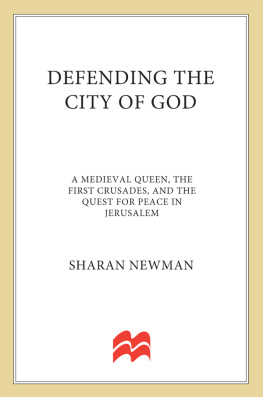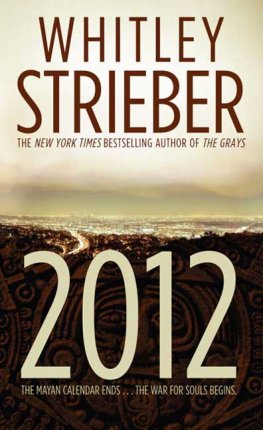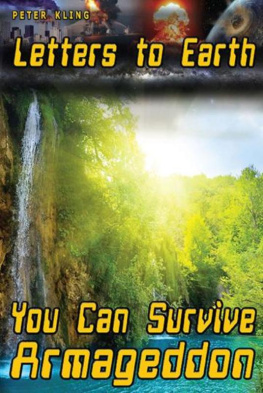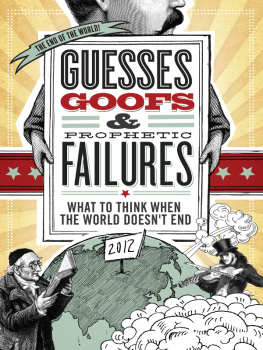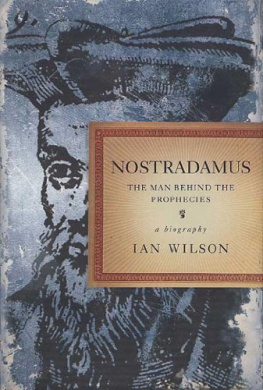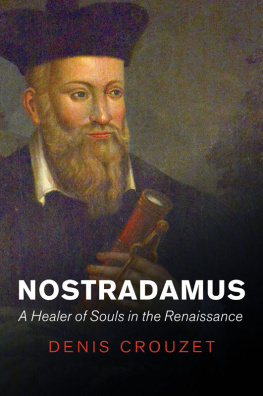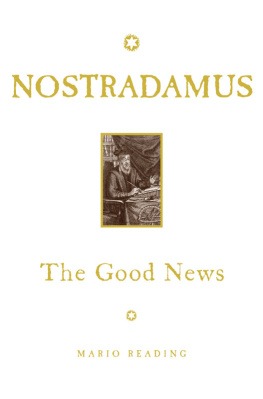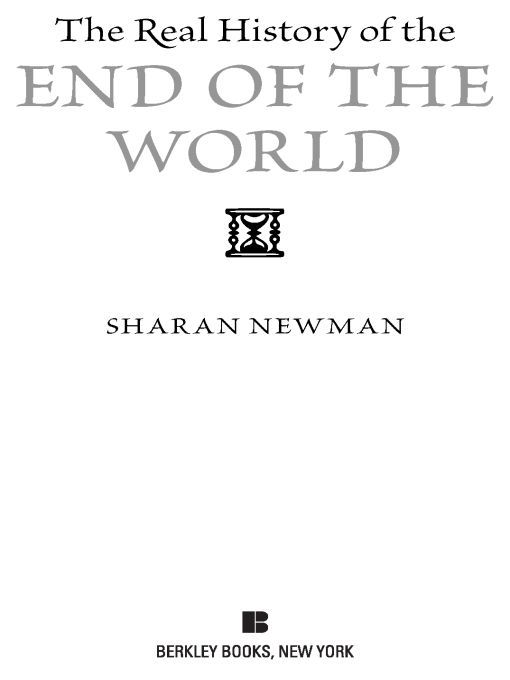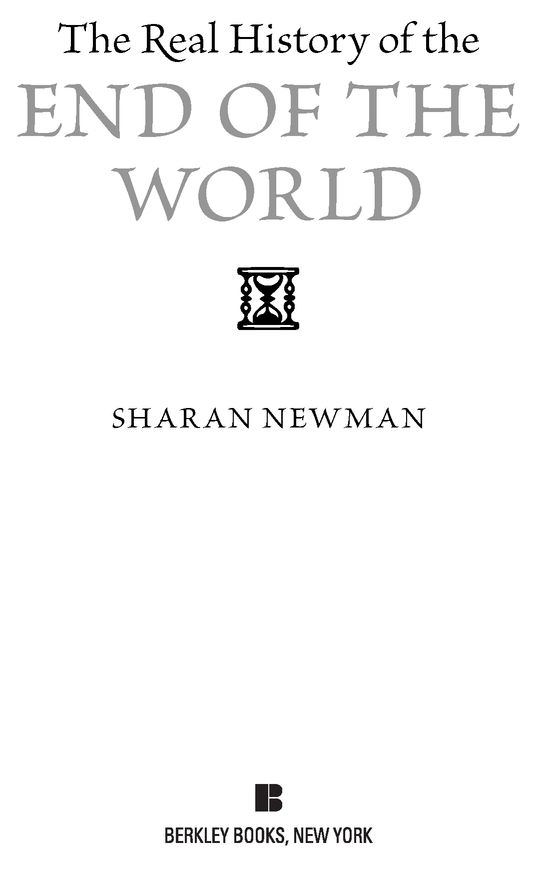Table of Contents
Praise for The Real History Behind the Templars
[An] indispensable companion to current popular works.
Library Journal
In a series of concise, highly informative chapters, Sharan Newman sets forth the story of the Templars and everything associated with them in a logical, chronological progression. The result is a book that youll not only understand, but enjoy, no matter how familiar (or unfamiliar) you may be with Templar history.
About.com
The Real History Behind the Templars is a useful resource for separating fact from fiction about this controversial medieval order. As the author of a series of medieval mystery novels and someone with an advanced degree in medieval studies Sharan Newman has the skill to take modern scholarship and package it for a popular audience.
Catholic World Report
This smart and engaging book will make readers who are familiar with the array of pseudo-histories think twice. Newman writes simply yet eloquently. Her prose is lucid and poised and her observations succinct, which makes this tome difficult to put down. She is unafraid to examine the primary sources anew and has the talent to summarize a stack of convoluted material in a few concise sentences. But the popular historians real accomplishment is that she is fundamentally exact, bright and interesting.
Independent Weekly of Australia
Praise for The Real History Behind The Da Vinci Code
If, like Sam Cooke sang, you dont know much about history, Newmans encyclopedic, A-to-Z look at the topics ranging from Aprocrypha to Wren, Christopher provides perspective and insight.
Pittsburgh Tribune-Review
Witty and charming, but nonetheless rational in explanation and complete in background research, The Real History Behind The Da Vinci Code seeks not so much to refute the novel but to elucidate on the truth, and not so much to disparage the mistakes of Mr. Brown but to make readers realize that the history is bigger than any one person, popular novelists included.
Business World
The book... gives the truth about topics used in Browns fiction... well written and precise, it is the work of a woman who writes what she knows.
Statesman Journal (Oregon)
For fans of Dan Browns popular The Da Vinci Code, Sharan Newmans The Real History Behind The Da Vinci Code is a must-have companion.
The Sunday Oregonian
Newman has arranged her discussion of the people, places, and events in The Da Vinci Code in an encyclopedic format, creating a book that is both accessible and fun to read.
Library Journal
This book is dedicated to all the Chicken Littles among us, who are sure
that the sky will soon fall. Someday you will be right.
And for Rebecca Hill and John Parks, who shared the load.
Acknowledgments
Deborah Adams, for urging me to send in the proposal for this book when I was just going to delete it.
Erika Johnson Bayless, for telling me how to put it all together.
Jennifer Johnson Bell, for teaching me how to make a table.
Dr. Eddie Chan, for finding esoteric groups for me to study.
Professor Armin Geertz, Aarhus University, Denmark, for proofing my section on the Hopi.
Professor Susan D. Gillespie, University of Florida, for directing me to references on the Mayan calendar.
Professor Salima Ikram, American University of Cairo, Professor Aidan Dodson, Bristol University, and Dr. Barbara Mertz for references on ancient Egyptian eschatology and making sure I didnt spell Osiris as if he were a Roman.
Morgan Kay, for taking time from her dissertation to check my information on Merlin.
Steven Lavoie, of the Oakland Library, for sending me references to the Doomsealers.
Connie L. F. Terwilliger, for suggesting the proper group to dedicate this book to.
As always, any mistakes in this book are mine alone.
The Beginning of the End
It may seem strange, if not impossible, to write a history of something that hasnt happened yet. I could point out that if I wait until it does, there will be very few readers to benefit from my work. But it makes more sense to explain that this is really a history of how people all over the world and through time have thought about the end of the world and how they have dealt with the concept.
Very few people have actually believed that the whole world will end. But almost every culture has some belief or folk myth that tells how the gods or God renew an earth that has become morally corrupt. It seems that people everywhere have looked around at the chaos caused by nature or humanity and at some point just have thrown up their hands, too overwhelmed with the problem to see a way to fix it.
But how could the world be fixed? Some cultures see time as cyclical; nothing ends, but now and then a new cycle begins. In many cases the birth of the cycle is painful and most of the corrupt world is lost in the transition. In other traditions time is linear. Western society, under the influence of Judaism, Christianity, and Islam, tends to view history as moving along a straight track from beginning to end. Whether the start was the Garden of Eden or the Big Bang doesnt matter. The direction is the same.
When I began work on this book, I didnt think I would find much on the end in cultures with cyclical viewpoints. I was mistaken. Just as I could find few traditions that the world would end completely in linear societies, I discovered there were groups within Chinese, Hindu, and other societies with cyclical worldviews that shared endtime ideas that were much the same as the Western picture of the Apocalypse.
Which brings me to the tricky topic of terminology. There are several words and phrases used by people who study the end times (end times is one). Some of them are just different ways of saying the same thing. Some are technical terms, like eschatology, an academic term for study of the idea of the end times. Still others have picked up new meanings over the years. For my purposes, Apocalypse means everything ending with a bang: war, fire, flood, etc. Even though it means the same thing as Revelation, too many people see them as different. I will use Revelation to refer to the book of the New Testament attributed to John of Patmos, although sometimes that is also called the Apocalypse. Okay?
Millennium is the happy time during which the saved or the elect will live in peace before the final grand reckoning. Some Christians think that Jesus will return at the beginning of the Millennium, some think it wont be until the end. This return of Jesus is expressed in many ways: Second Coming, Second Advent, Parousia (my favorite).
I will try to explain these terms as they appear in the text but, just in case, there is also a short glossary at the end of the book. Its for my benefit, too, because there are some words I have to look up every time I run across them.
At times it seemed to me as if everyone who had ever picked up a quill or pen or stylus had written about the end of the world. Everywhere I looked, someone was either predicting the end or at least describing the events that would precede it. But, after a while I began to see that almost all of the movements fell into categories, although the categories often overlapped. For instance, there were those who were interested in predicting the end as a mathematical exercise, using primarily the biblical books of Daniel and Revelation. This includes Isaac Newton and William Miller. The difference between the two is mainly that Miller felt he should warn people. Newton seemed to think everyone was on his own.


